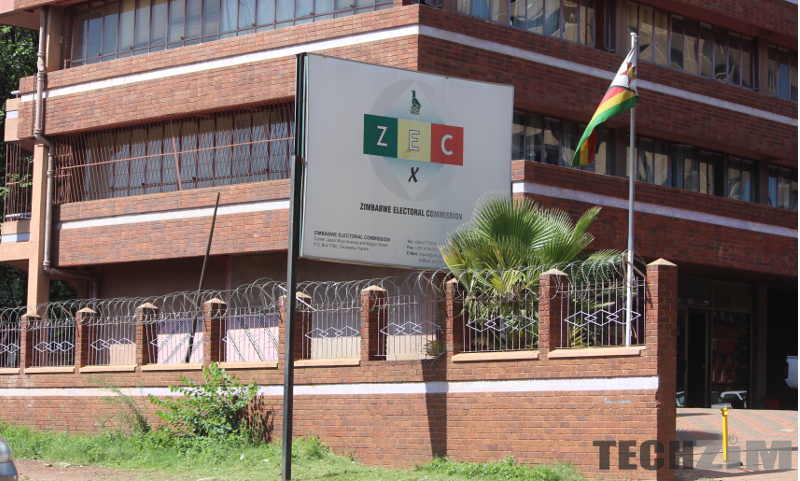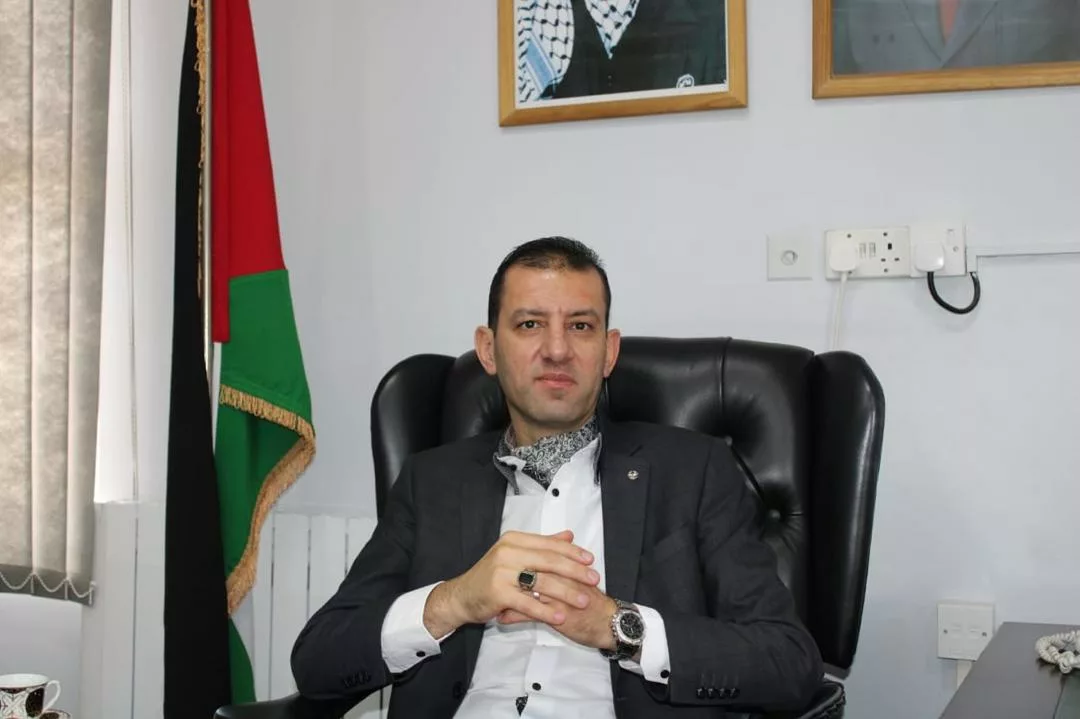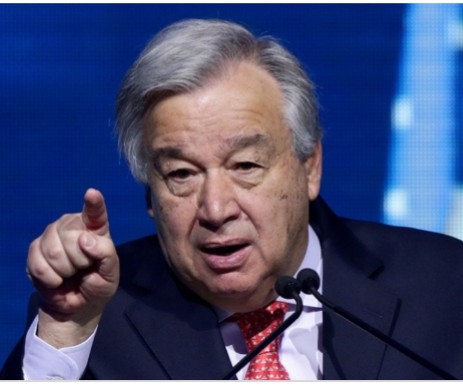By Farai Chirimumimba
An estimated 5.4 million Zimbabweans head to the polls in July/August however, actual date is yet to be announced to cast votes for a president, 210 House of Assembly members (MPs) and (60 Senators and another 60 Women quota members indirectly) and 1,958 councillors in what has been billed as the most important election in that country’s multiparty democracy governance since 1980. Although the Nominations Court is yet to seat and accept candidates, there are up to 120 aspiring candidates for the presidency, the real contest is between the incumbent President Emmerson Mnangagwa of ZANU-PF and Nelson Chamisa of the MDC Alliance a coalition of seven political parties. This will be the first general elections without former president Robert Mugabe and the late former prime minister Morgan Tsvangirai who had been bitter rivals since 2000.
In addition to being the most competitive election in Zimbabwe since 2008 electoral violence, the election will be held amid rising tensions in the country on account of the recent primaries in both ZANU-PF and MDC-T led by Nelson Chamisa over chaotic processes and accusations of imposition of candidates. There has been increasing tension between MDC Alliance and the Zimbabwe Electoral Commission (ZEC) due to what the former consider work in progress to rig the outcome of the elections and continued economic marginalisation of people through a “win” by ZANU-PF. All these factors have tended to exacerbate the partisan politics entrenched traditional ethnic, regional, and religious fractures that have defined Zimbabwe’s politics since multiparty democracy in the 1980. As such, leading up to the election, there are widespread fears that this could lead to violence. These contrast the 2013 general elections, although there were some incidences of violence, the elections were remarkably peaceful, and Zimbabweans were congratulated for advancing democracy through peaceful conduct.
In these hotly contested elections, there is no indications of a clear winner, however, recent events were we are seeing Nelson Chamisa being able to conduct rallies in areas such as Marange,Lower Gweru, Bindura, Seke rural and Murehwa to mention but a few that were no go area for opposition coupled with the general frustration within the population, may work to his advantage and it will not be a surprise if he is to be declared the winner. However, as noted earlier, Zimbabweans usually vote along partisan lines, a Mnangagwa slide victory may not also be farfetched possibility.
What may also happen is that, with the political matrix and number of political parties that may participate there will not be a clear winner in the first round meaning the presidency will be determined in the run-off or second round. Sadly there are no opinion polls being released so far showing who might win. With the opposition calling on Mnangagwa to concede the elections if defeated. Instead, Mnangagwa has said candidates should accept defeat because the elections are going to be free and fair and credible. I am not sure, if new can expect voting patterns similar to the recent elections were ZANU-PF was able to penetrate perceived strong holds of MDC-T which are the urban areas especially Harare.
Given the advantages of incumbency, a surprise win by Nelson Chamisa will reflects the widespread frustration among Zimbabweans with Mnangagwa’s rule especially his government’s failure to contain the cash shortages and rampant corruption which are some of the underlying cause high joblessness. The anticipated high youth turnout in the elections also reflects the general feeling by Zimbabweans that it should be them that rule and also due to the perceived marginalisation of the across the country. Importantly, Chamisa is not new to leadership. He previously served as Minister of Information, Communication and Technology between 2008 and 2013 were he is credited for effecting the per second billing we are enjoying today when using mobile phones under the government of national unity (GNU) after the bloody 2008 electoral conflict fermented by electoral results intolerance which resulted in over 200 deaths and thousands more displaced. Although the 2013 elections were largely peaceful, partisan tensions have continued to build across the country.
The next government faces major challenges ahead. As noted, the country will remain fractured along various economic challenges. These problems have been a major hindrance to economic development in the country since independence from Britain in 1980, and the new government must prioritise tackling the sources of these challenges. .the new government must continue to implement far-reaching economic reforms that are absolutely necessary to sustain high rates of economic growth necessary to create jobs for the millions of unemployed youths and also to continue fighting the country’s deplorably high levels of poverty.
There also need to deal in particular with the real and perceived marginalisation of the certain tribes which must be addressed through more fair allocation of resources and targeted investments to promote economic activities in all regions. The government must deal with land injustices, fear of retribution, harassment, theft and extortion, marginalisation and disenfranchisement or else foreign investors will continue to skip the country for other nations.
The elections results are likely going to be disputed if Mnangagwa wins. This will result in court actions which will affect the region’s most developed stock market in Harare as investors will fast pull out with the rhetoric on the campaign trails already affecting share prices. The Beitbridge port of entry between Zimbabwe and South Africa serving neighbouring countries like Mozambique, Zambia to as far away countries as Malawi, the Democratic Republic of Congo and Tanzania will likely have little business has businesses may opt for a wait and see attitude until the impasse is probably resolved by the Courts and international mediation. If elections disrupt this transit corridor for fear of violence the price of everyday goods, such as rice and cooking oil, could rise and government will also lose revenue significantly giving Zimbabweans an even harder life.
The international community will likely continue with the rhetoric of encouraging peaceful transition rather than investigating whether the elections were free and fair and credible. Zimbabwe being a country fairly equipped militarily, it will be difficult for foreign countries to threaten or even carry out an invasion to restore order and stability. At the end, it will be for the Courts to determine the winner who will possibly have to form another GNU with the help of African Union and United Nations.
A peaceful and transparent election in Zimbabwe has implications to the advancement of democracy in Africa. As a country strategically positioned to link South Africa the biggest economy in Africa to the rest of Africa, Zimbabwe is one of the most important countries to South Africa and the continent and has the potential to influence developments not only in Southern Africa but, indeed, the entire continent. Transparent elections will strengthen the country’s leadership role in the continent, both as an example of successfully resolving conflicts and as a stalwart against undemocratic transitions. In addition, entrenchment of democracy in Zimbabwe is bound to translate into better economic performance with positive spillover effects to other countries.






